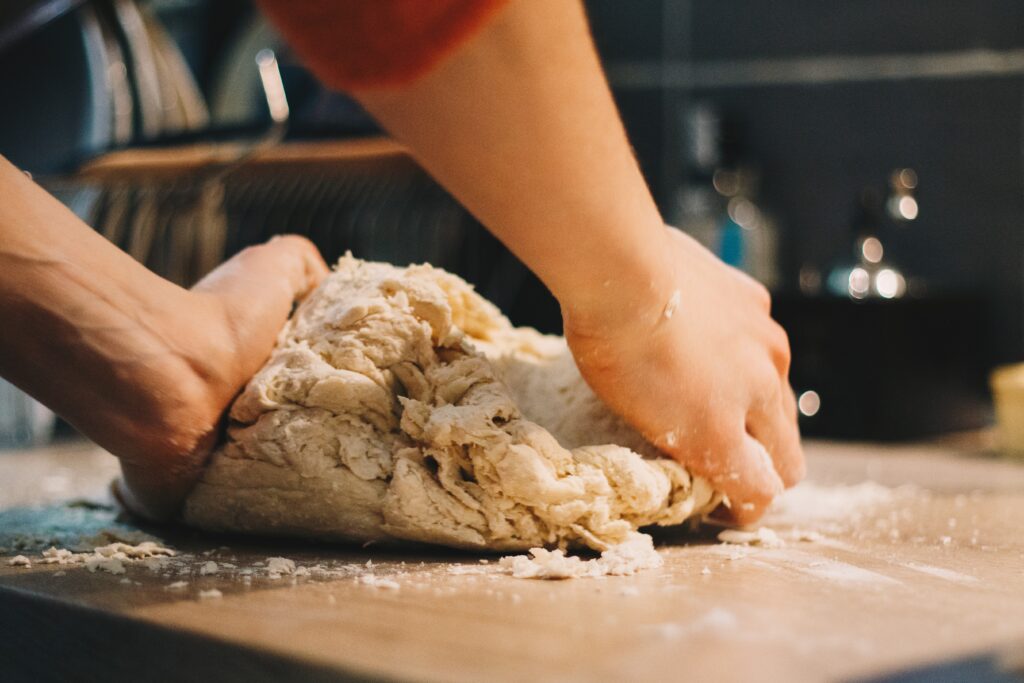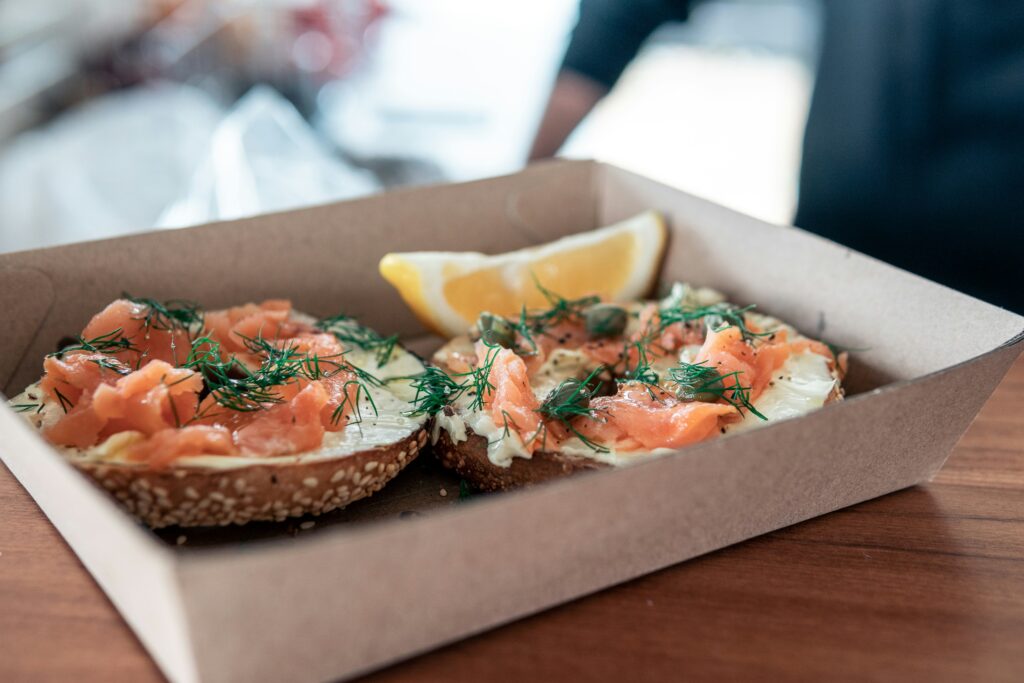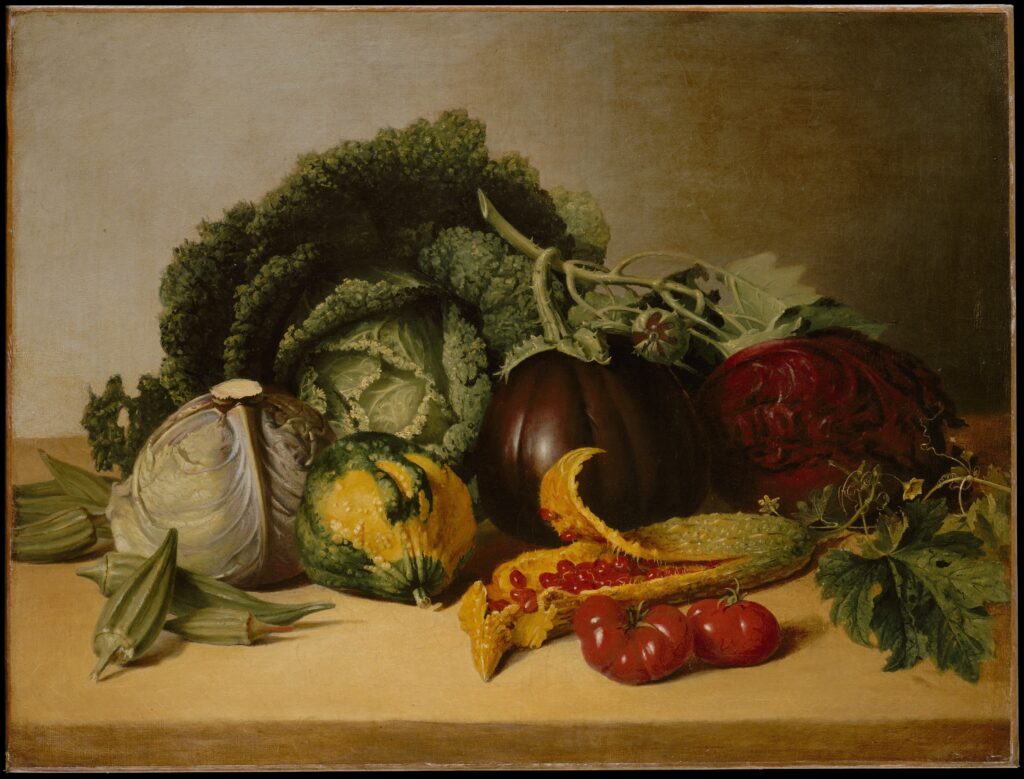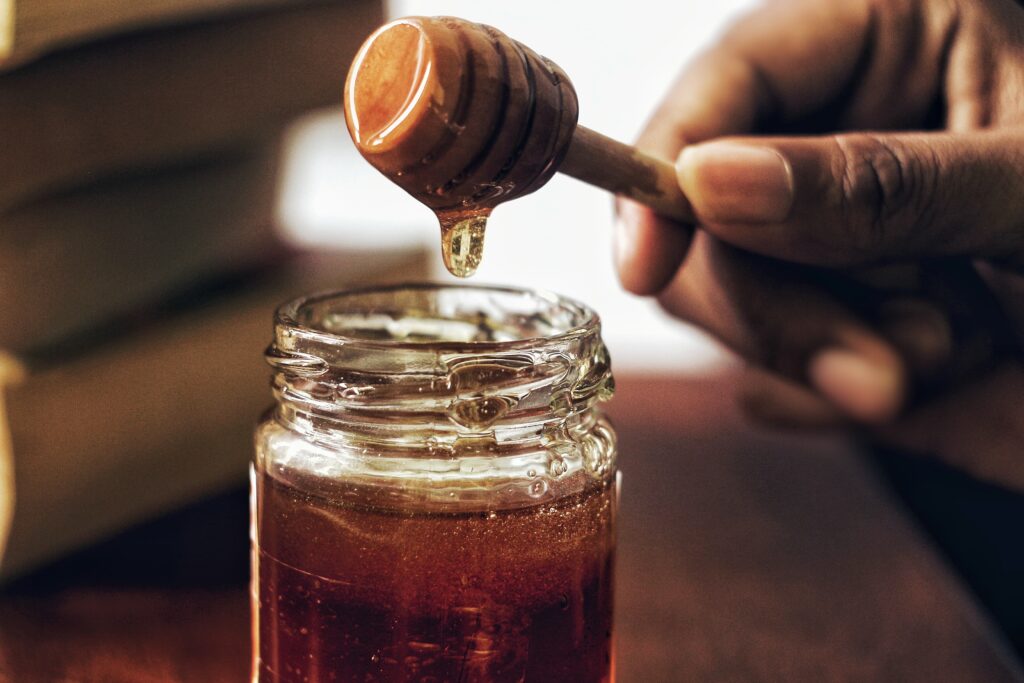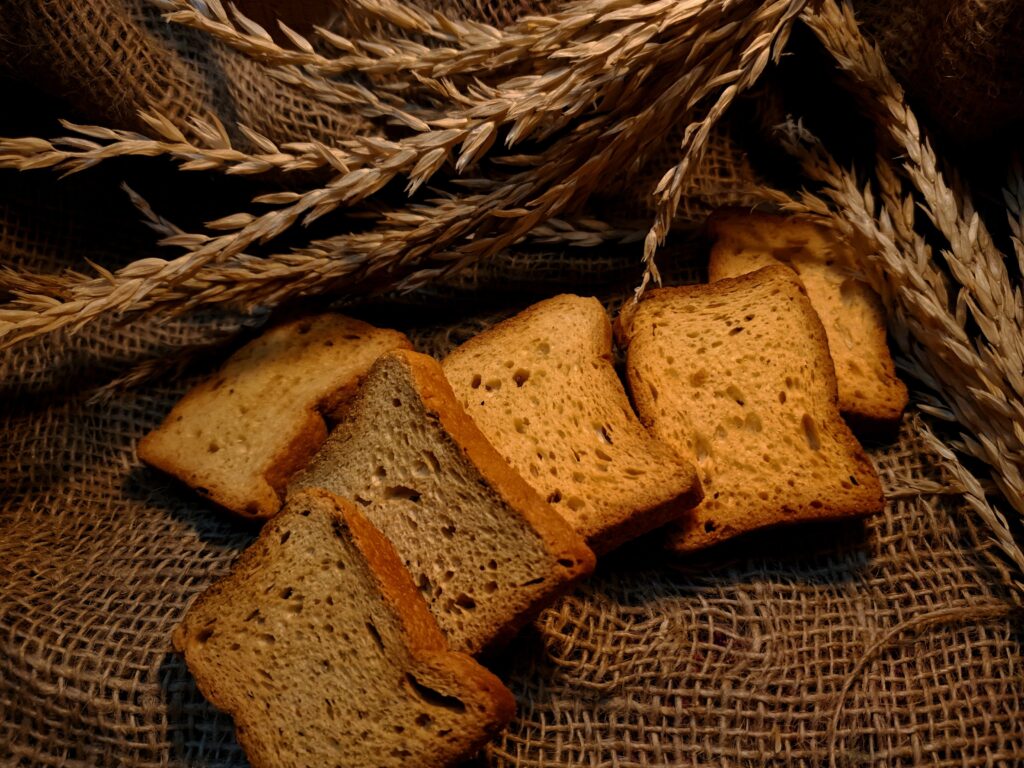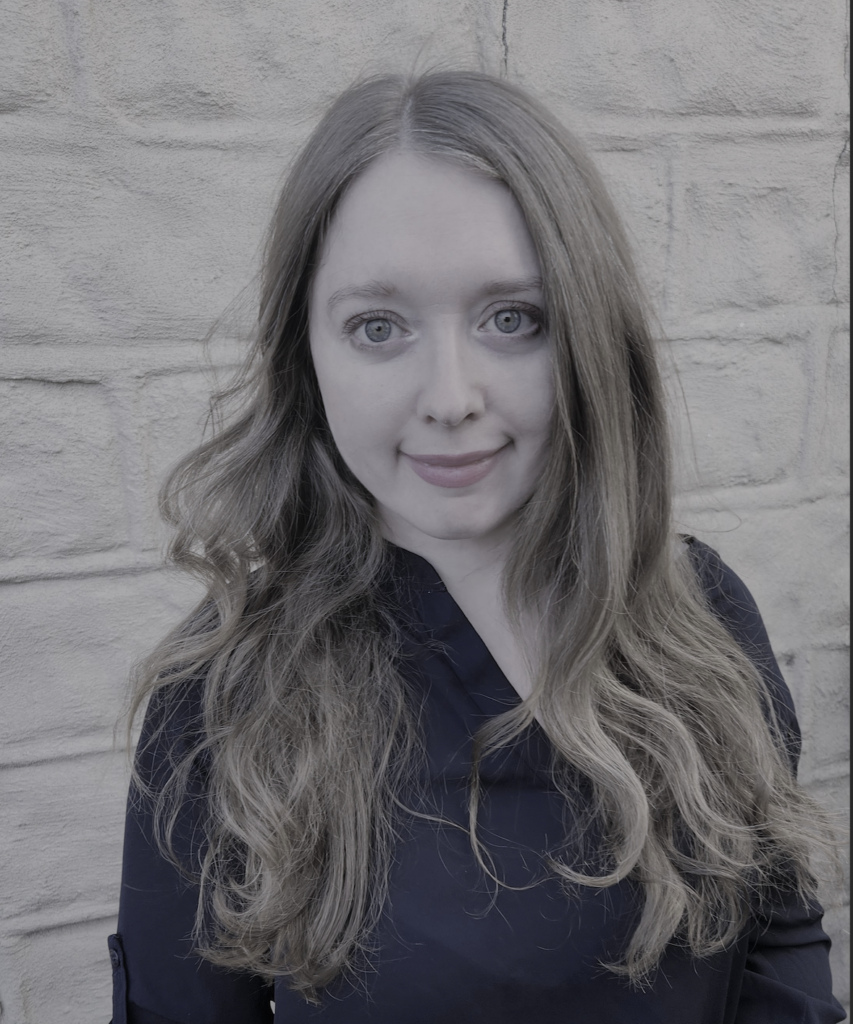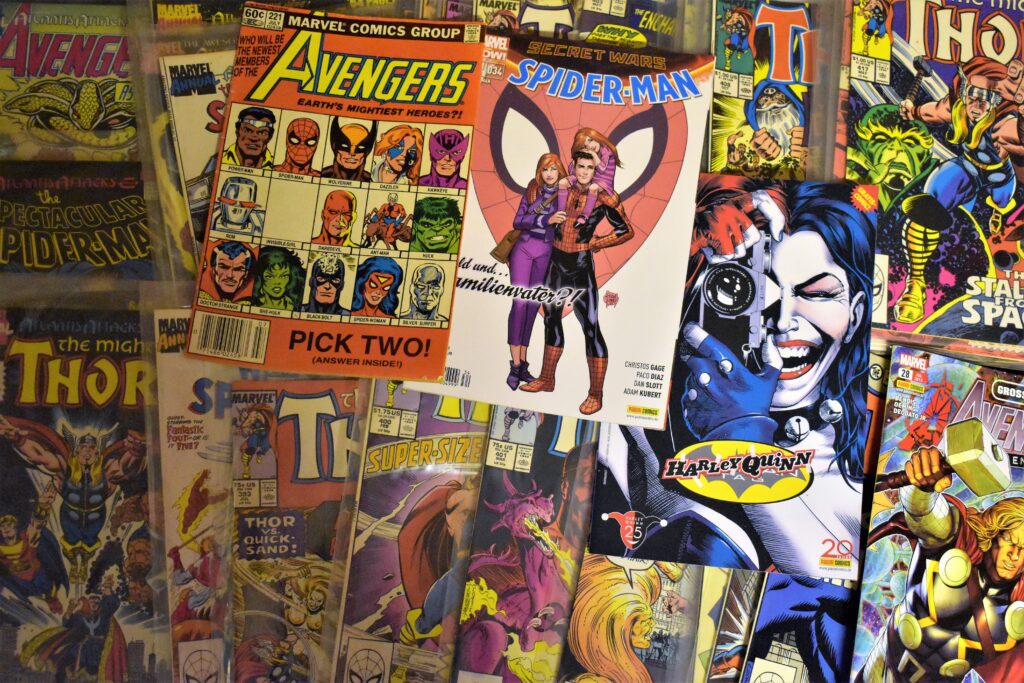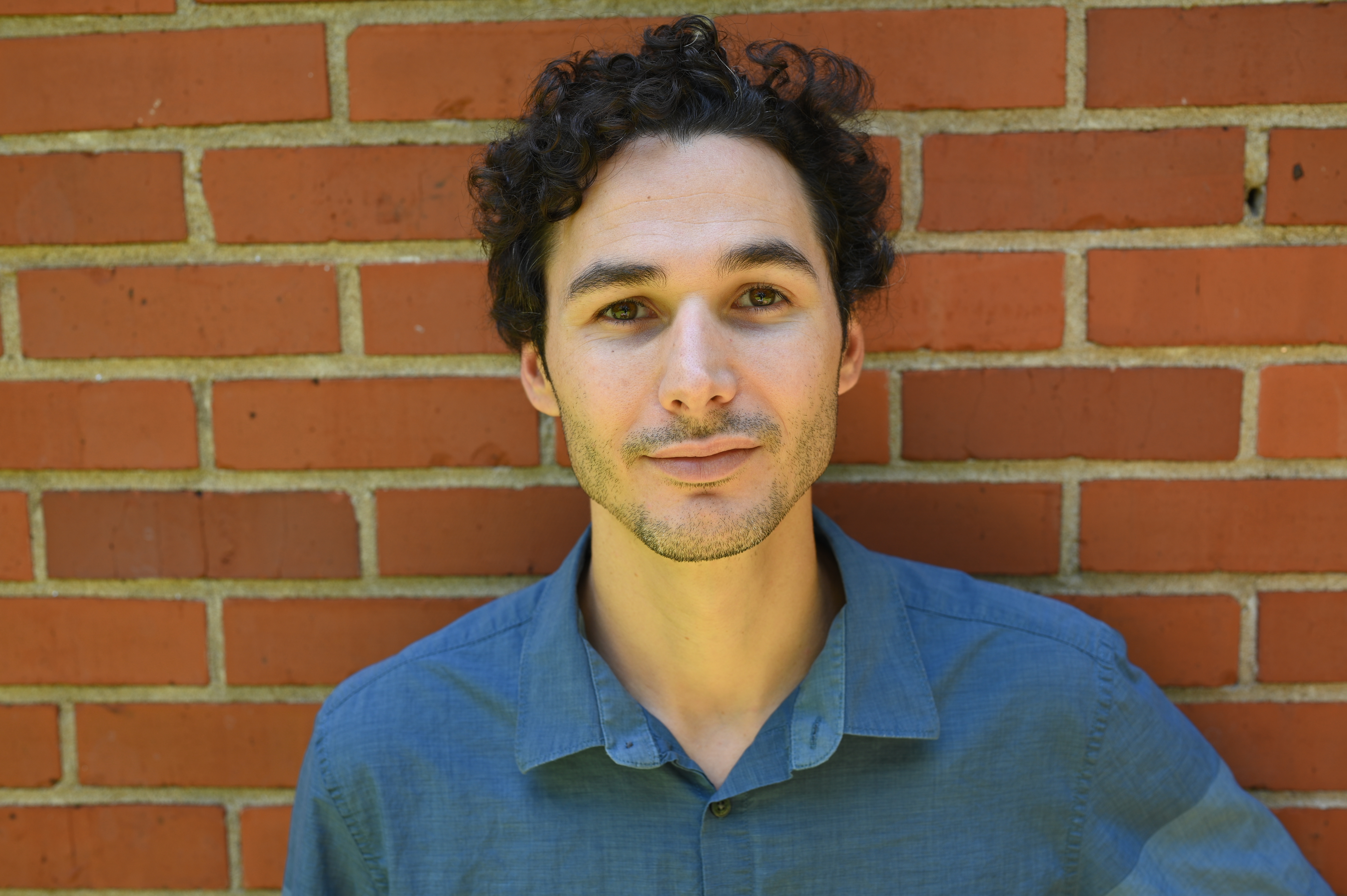After supper with my parents I go
next door from the buffeteria to
the drug store to look at the comic books.
It’s 1965. They’re twelve cents each.
Georgia sales tax is four cents on the buck
so I can buy two books for a quarter,
which is my weekly allowance. I want
the Justice League of America and
the Legion of Super-Heroes because
I get more costumed crimefighters for my
money. My father’s money, I should say.
I’ll meet my folks in front of the Rich’s
department store, by the fountain, facing
the parking lot. Our car’s out there somewhere,
waiting like a loyal beast of burden
to take us home, a few miles away, to
Marietta. When we arrive I jump
out from the back seat, open the garage
door, stand to one side, and watch my parents
roll in. Father closes the door and we
go into the house–we never lock up–
and then he takes off his suit and tie and
dress shoes–he’s a principal and looks sharp
when he’s out in public. Mother
reads, or watches TV, while Father tunes
the radio to the Braves baseball game
and sits on the porch, studying traffic.
I wait until he settles. Turn it up,
Son, he says. Sometimes he says, Turn it down.
When it’s just the way he wants it, I leave
for my bedroom, in the attic. It’s my
Fortress of Solitude, my parents too
tired, usually, to walk the thirteen
steps up to it–when they want me, they shout
from the bottom of the stairway. Tonight,
however–Friday night–they don’t need me,
only each other. Saturday nights, too.
If I come down, perhaps to the kitchen,
or under the stars to pet my old dog,
Father might ask me to fine-tune the Braves.
Mother might ask me to turn the channel
or clean her glasses or bring her a snack.
I’m a good boy and I’m eager to please.
I do what they ask and they let me be.
Then I go upstairs again and read how
good defeats evil, which it always does,
just in different ways from month to month.
I’m too young to know that evil wins, too,
at least its share and probably more–that’s
for grownups to worry about. Good wins
as I look at the pictures and read and
turn a page, then the next. Not that good
doesn’t take its lumps from evil. Not that
evil doesn’t make a contest of it
–that’s what makes life interesting, and church
on Sunday a necessity: to thank
God for what we have though we don’t have it
but always pray we do. Well, some of it
we have. But others don’t–poor folks, for one,
and if they don’t have it, we don’t, either.
Food enough, I mean, and heat in Winter.
Steady jobs and good clothes. Enough money
for Christmas. We have all of these but if
someone else doesn’t then neither do we.
If I were the Flash I’d be quick enough
to run around the world, our neighborhood,
at least, and count all the people in need.
If I were Superboy I’d see them all
with my X-ray vision. But I’m just me
so I fight evil the usual way,
by putting coins in the collection plate
(but not my comics-money–I get some
special from my parents for charity) and going to Sunday School and praying.
But all those people praying all those prayers
hasn’t ended poverty and sadness
–perhaps they don’t pray hard enough. As I
walk home from church I’m feeling older. Guess
I’ll have to wait for Jesus to return
before life’s perfect. Still, I’d like to think
that we do what we can. In this issue
of my life there’s a happy ending but
not so happy that my life’s been cancelled
like a magazine that doesn’t sell well.
There’s just enough unhappiness so that
I want to keep up with the adventure
in this comic book which God wrote and drew
from start to finish and Doom reads every day.
Gale Acuff has had poetry published in fourteen countries and has authored three books of poetry. He has taught tertiary English courses in the US, PR China, and Palestine. Gale now lives in Tucson, Arizona.


